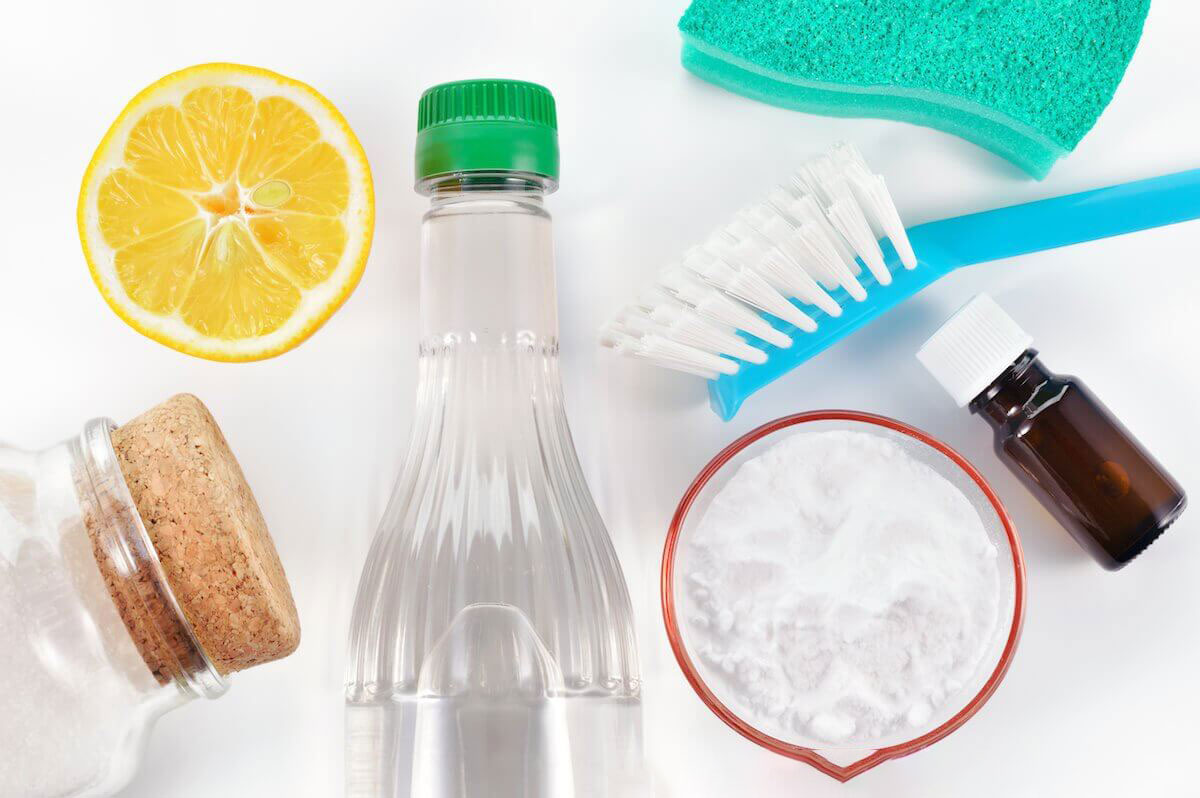Welcome to “The Ultimate Guide to Homemade Cleaning Products for a Healthy Home.” In this comprehensive guide, we’ll explore the importance of using homemade cleaning products, the potential dangers of commercial cleaners, and provide you with simple recipes to create your own safe and effective cleaning solutions. By making your own cleaning products, you can minimize exposure to harmful chemicals and contribute to a healthier living environment. Whether you’re cleaning the kitchen, bathroom, living room, or bedroom, we’ve got you covered with natural and eco-friendly alternatives. Get ready to embark on your journey to a cleaner and healthier home.
The importance of using homemade cleaning products for a healthy home

Using homemade cleaning products is crucial for maintaining a healthy home environment. Commercial cleaning products often contain harmful chemicals that can have adverse effects on our health and the environment. By making your own cleaning products, you have control over the ingredients and can avoid toxic substances. Homemade cleaners are also generally more affordable and sustainable. Additionally, using natural ingredients like vinegar, baking soda, and essential oils can effectively clean and disinfect without harming your health or the planet. Take charge of your home’s cleanliness and well-being by embracing homemade cleaning products.
Common harmful chemicals in commercial cleaning products
- Phthalates: These chemicals are used to fragrance products but have been linked to hormonal disruption and reproductive problems.
- Triclosan: Often found in antibacterial products, triclosan is believed to contribute to the development of antibiotic-resistant bacteria.
- Ammonia: This common ingredient can be irritating to the lungs and eyes, especially when mixed with bleach.
- Chlorine bleach: While effective at killing germs, chlorine bleach releases toxic fumes and can cause respiratory issues.
- Volatile Organic Compounds (VOCs): Found in aerosol sprays and some cleaning agents, VOCs can irritate the eyes, nose, and throat and contribute to indoor air pollution.
By opting for homemade cleaning products, you can avoid exposing yourself and your family to these harmful chemicals.
Basic Ingredients for Homemade Cleaning Products
When it comes to making your own cleaning products, you’ll need a few basic ingredients that are safe, effective, and easily accessible. Here are some essential ingredients to have on hand:
- Baking soda: Known for its gentle abrasive properties, baking soda is great for scrubbing and deodorizing.
- Vinegar: A versatile cleaner, vinegar can be used for disinfecting, removing stains, and tackling tough grease.
- Lemon juice: This natural acid is a powerful degreaser and can help remove stains and freshen up surfaces.
- Castile soap: Made from vegetable oils, castile soap is gentle yet effective in cutting grease and grime.
- Essential oils: These natural oils add a pleasant fragrance to your homemade cleaners and also have antibacterial properties.
By using these basic ingredients, you can create a variety of homemade all-purpose cleaners and disinfectants for a healthy and clean home.
Essential ingredients for making homemade all-purpose cleaners and disinfectants
When it comes to making homemade all-purpose cleaners and disinfectants, there are a few essential ingredients you’ll need. Baking soda is great for scrubbing and deodorizing, while vinegar is versatile and can be used for disinfecting and removing stains. Lemon juice is a powerful degreaser and can help remove stains, while castile soap is effective at cutting through grease and grime. Essential oils not only add a pleasant fragrance but also have antibacterial properties. By using these ingredients, you can create effective and safe cleaning solutions for your home.
Natural substitutes for commonly used cleaning agents
When it comes to cleaning your home, you don’t have to rely on harsh chemicals. There are plenty of natural substitutes for commonly used cleaning agents. For example, instead of using bleach, you can opt for hydrogen peroxide, which is equally effective at disinfecting surfaces. Baking soda is a great alternative to abrasive cleaners, and lemon juice works wonders as a natural degreaser. Vinegar can replace glass cleaners and fabric softeners. These natural substitutes are not only safer for your health, but also better for the environment.
Kitchen Cleaning Products
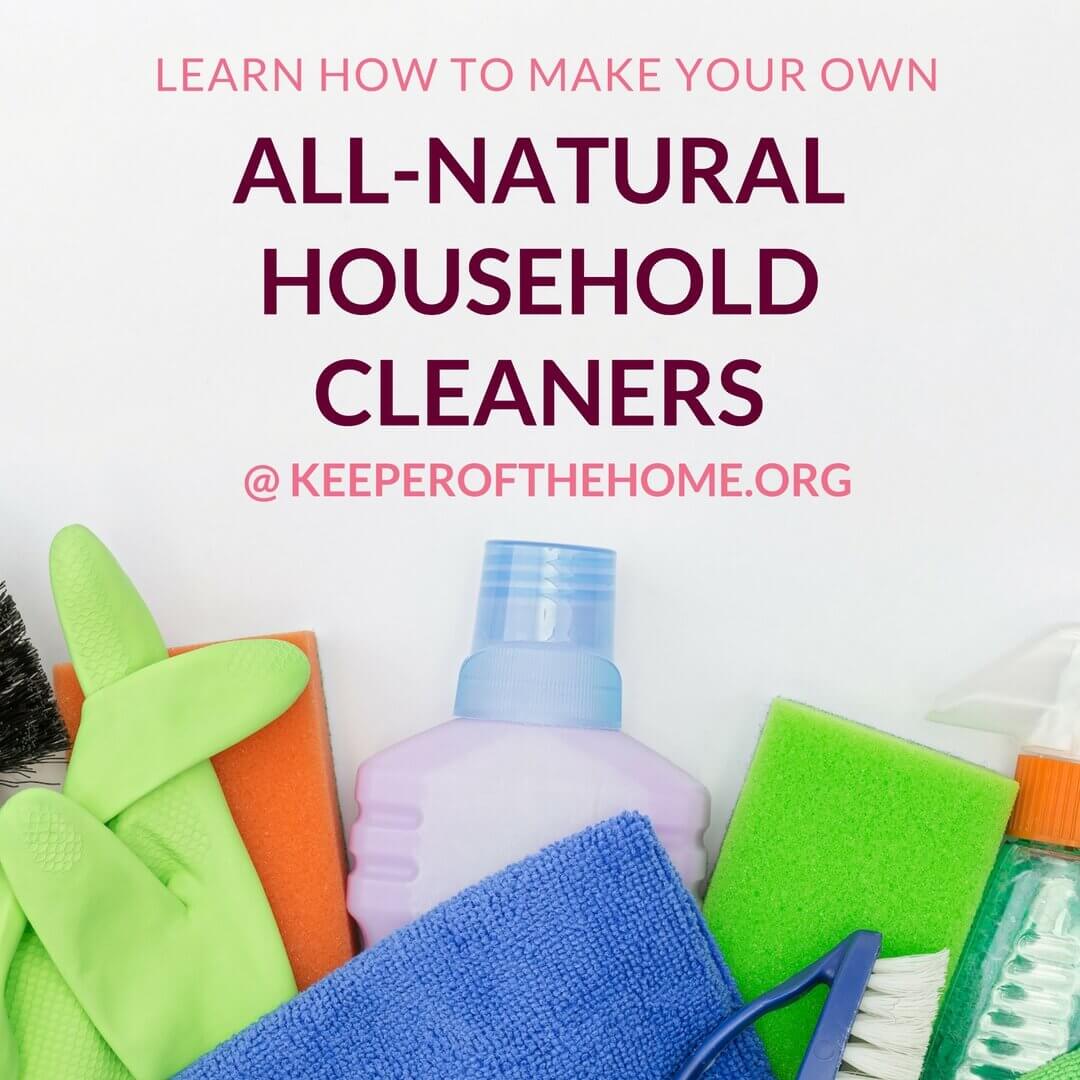
When it comes to cleaning your kitchen, homemade products can be just as effective as commercial cleaners. For greasy stovetops and countertops, try a mixture of vinegar and water or lemon juice. Baking soda is perfect for scrubbing away stubborn stains on sinks and cutting boards. To disinfect cutting surfaces, use hydrogen peroxide. For a fresh-smelling kitchen, place a bowl of vinegar or baking soda in the refrigerator to absorb odors. These natural alternatives are safe, affordable, and eco-friendly, making them ideal for a clean and healthy kitchen environment.
Homemade recipes for effective kitchen cleaners
To keep your kitchen clean and free from harmful chemicals, try these homemade recipes for effective kitchen cleaners:
- Vinegar and water mixture: Mix equal parts of vinegar and water in a spray bottle. This solution is perfect for cleaning greasy stovetops and countertops.
- Lemon juice: Squeeze fresh lemon juice onto a sponge or cloth and use it to clean and disinfect cutting boards and other surfaces.
- Baking soda scrub: Sprinkle baking soda on sinks and cutting boards, and scrub away stubborn stains with a damp cloth or sponge.
- Hydrogen peroxide: Use hydrogen peroxide to disinfect cutting surfaces. Simply spray or wipe the surface with hydrogen peroxide and let it sit for a few minutes before rinsing.
These homemade kitchen cleaners are affordable, effective, and safe for your health and the environment.
Safe and eco-friendly alternatives for cleaning kitchen appliances
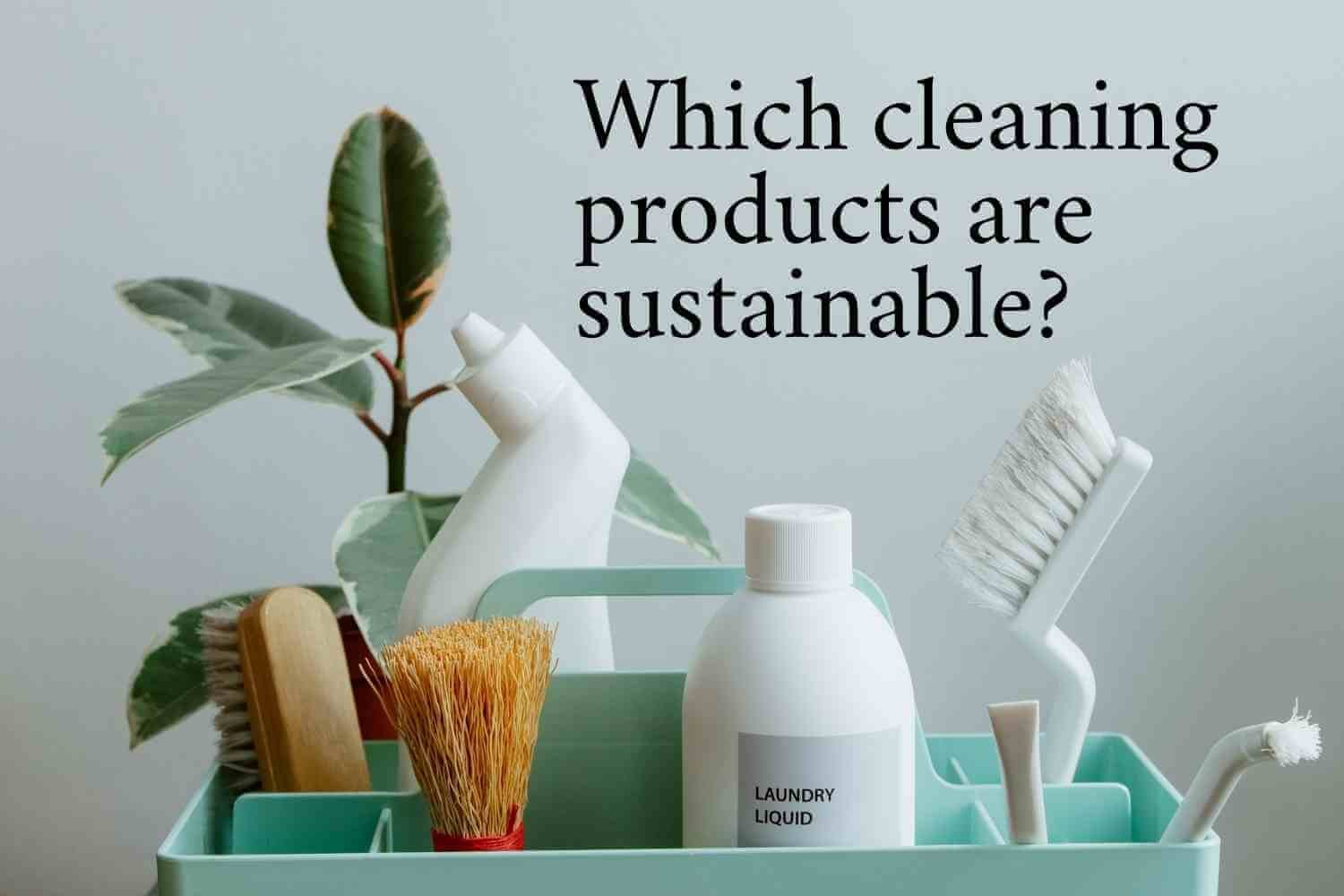
When it comes to cleaning your kitchen appliances, there are safe and eco-friendly alternatives that can get the job done effectively. Here are a few options to consider:
- Vinegar and water: This simple mixture of vinegar and water can be used to clean and disinfect your appliances. It is especially useful for removing grease and grime from your stovetop, microwave, and refrigerator.
- Baking soda paste: Create a paste with baking soda and water and use it to scrub away stubborn stains on your appliances. This method is particularly effective for cleaning ovens and stainless steel surfaces.
- Lemon juice: The natural acidity of lemon juice makes it a great option for cutting through grease and removing stains. Apply lemon juice to a cloth or sponge and use it to wipe down your appliances for a fresh and clean shine.
By using these safe and eco-friendly alternatives, you can keep your kitchen appliances clean without exposing yourself or the environment to harmful chemicals.
Bathroom Cleaning Products
When it comes to cleaning your bathroom, homemade solutions can be just as effective as commercial products, minus the harmful chemicals. Here are a few recipes for homemade bathroom cleaners:
- Toilet Bowl Cleaner: Mix baking soda and vinegar to create a fizzing action that helps remove stains and odors from the toilet bowl.
- Shower/Tub Cleaner: Combine equal parts white vinegar and water in a spray bottle. Spray the solution onto the surfaces, let it sit for a few minutes, then scrub with a sponge or brush.
- Mirror and Glass Cleaner: Mix water, vinegar, and a few drops of dish soap in a spray bottle. Spray onto mirrors or glass surfaces and wipe clean with a microfiber cloth.
By using these natural cleaning alternatives, you can maintain a sparkling clean bathroom without the worry of harsh chemicals.
DIY solutions for a sparkling bathroom
To keep your bathroom sparkling clean, you don’t need to rely on commercial products full of harsh chemicals. Try these simple and effective DIY solutions:
- Toilet Bowl Cleaner: Mix baking soda and vinegar for a natural fizzing action that removes stains and odors.
- Shower/Tub Cleaner: Combine equal parts white vinegar and water in a spray bottle. Spray, let sit, and then scrub with a sponge or brush.
- Mirror and Glass Cleaner: Create a mixture of water, vinegar, and a few drops of dish soap. Spray onto mirrors or glass surfaces and wipe clean with a microfiber cloth.
By using these homemade alternatives, you can achieve a sparkling bathroom while avoiding harmful chemicals.
Non-toxic alternatives for bathroom disinfectants
When it comes to disinfecting your bathroom, there are plenty of non-toxic alternatives to harsh chemical-based products. Here are a few options to consider:
- Hydrogen peroxide: Dilute hydrogen peroxide with water and use it to clean and disinfect bathroom surfaces. It is effective against bacteria, viruses, and molds.
- Tea tree oil: Add a few drops of tea tree oil to a spray bottle filled with water. This natural disinfectant has antimicrobial properties and can be used on toilets, sinks, and countertops.
- Vinegar: Mix equal parts water and vinegar in a spray bottle. Vinegar is known for its germ-killing properties and can be used to clean and disinfect bathroom surfaces.
Remember to always spot test any alternative disinfectant on a small, inconspicuous area before using it on larger surfaces.
Living Room and Bedroom Cleaning Products
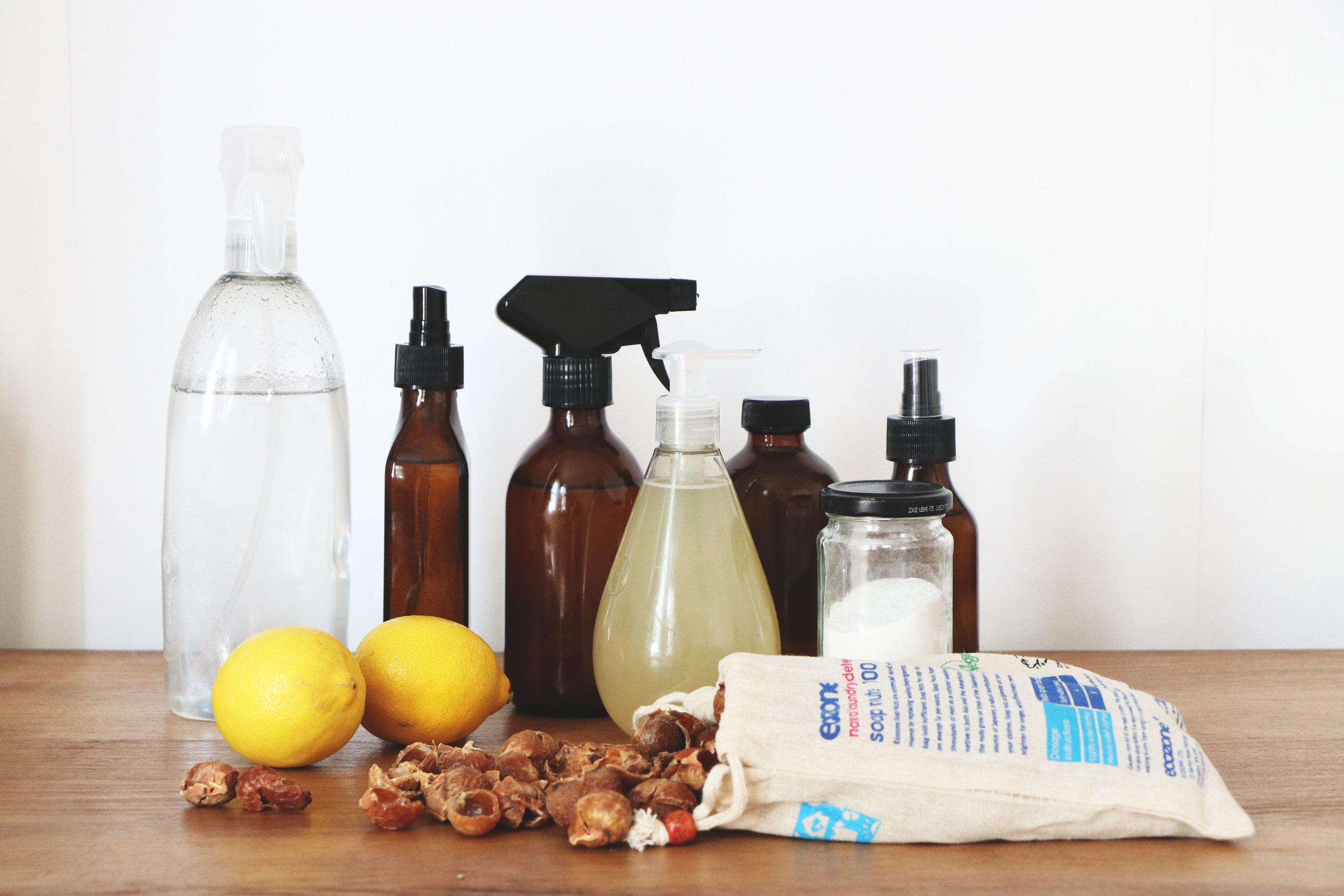
In order to maintain a clean and healthy living room and bedroom, consider using homemade cleaning products. Here are some DIY solutions you can use:
- Homemade furniture cleaner: Mix equal parts water and vinegar in a spray bottle. This solution can be used to clean and remove dust from furniture surfaces.
- Upholstery cleaner: Combine a teaspoon of dish soap with warm water. Dip a clean cloth into the solution and gently scrub stains on upholstery.
- Carpet freshener: Sprinkle baking soda on carpets and let it sit for a few hours. Vacuum the baking soda to remove odors and freshen up your carpets.
By using these homemade cleaners, you can effectively clean your living room and bedroom while avoiding harmful chemicals.
Homemade cleaners for furniture and upholstery
To keep your furniture and upholstery clean, you can make your own homemade cleaner using simple ingredients. Mix equal parts water and vinegar in a spray bottle and use it to clean and remove dust from furniture surfaces. For stains on upholstery, combine a teaspoon of dish soap with warm water. Dip a clean cloth into the solution and gently scrub the stains. These homemade cleaners are effective and safe alternatives for keeping your furniture and upholstery looking fresh and clean.
Natural remedies for freshening up carpets and rugs

To freshen up your carpets and rugs, you can use natural remedies that are effective and safe. Baking soda is a popular choice to remove odors and refresh carpets. Sprinkle baking soda liberally over the carpet and let it sit for a few hours. Then, vacuum it up to reveal fresh-smelling carpets. Another option is to mix equal parts water and white vinegar in a spray bottle. Spray this solution lightly onto the carpet and let it dry to eliminate odors. For stubborn stains, you can make a paste using baking soda and water, apply it to the stain, and let it sit before vacuuming. These natural remedies are inexpensive and free of harsh chemicals, making them ideal for maintaining clean and fresh carpets and rugs in your home.
Conclusion
In conclusion, using homemade cleaning products is not only effective in maintaining a clean and healthy home but also ensures the safety of your family and the environment. By avoiding the harmful chemicals commonly found in commercial cleaning products, you can reduce the risk of allergies, respiratory issues, and other health problems. Homemade cleaners are easy to make with basic ingredients that you may already have in your kitchen. Additionally, they are cost-effective and eco-friendly. By switching to homemade cleaning products, you are making a positive impact on your health and the planet. Start incorporating these natural cleaning solutions into your cleaning routine and enjoy a healthier and cleaner home.
Benefits of using homemade cleaning products
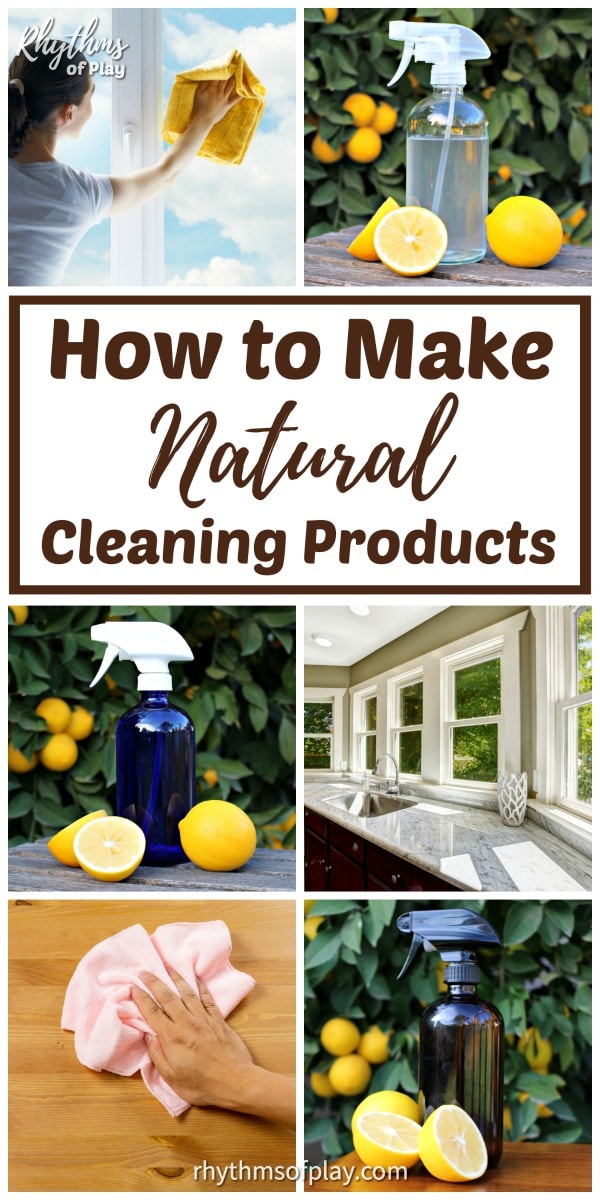
When it comes to cleaning your home, using homemade cleaning products offers several benefits. Here are some advantages of opting for homemade cleaners:
- Healthier Home: Homemade cleaning products are made with natural ingredients, which means you are not exposing yourself and your family to harmful chemicals found in commercial cleaners.
- Environmentally Friendly: Homemade cleaners are eco-friendly as they reduce the use of plastic packaging and limit the release of toxic chemicals into the environment.
- Cost-effective: Making your own cleaning products using basic ingredients like vinegar, baking soda, and lemon juice can save you money compared to buying commercial cleaning products.
- Versatility: Homemade cleaners can be used for multiple purposes, such as cleaning surfaces, appliances, and even removing stains. This versatility eliminates the need to buy and store multiple cleaning products.
- Customizable Scents: Homemade cleaning products allow you to add your preferred essential oils, giving your home a pleasant and personalized scent.
By using homemade cleaning products, you can maintain a clean and healthy home while minimizing your impact on the environment and saving money.
Tips for responsible disposal
To responsibly dispose of homemade cleaning products, follow these tips:
- Store leftover homemade cleaners in clearly labeled containers to avoid confusion and accidental ingestion.
- Check local guidelines for proper disposal methods. Some cleaning agents may be considered hazardous waste and require special handling.
- Avoid pouring homemade cleaners down the drain or toilet, as they can harm the water supply and aquatic life. Look for designated hazardous waste disposal sites or collection events in your area.
- Consider reusing or repurposing old containers to minimize waste.
By taking these steps, you can ensure that your homemade cleaning products are disposed of safely and in an environmentally-friendly manner.
Additional resources for further reading
If you’re looking to learn more about homemade cleaning products and how to create a healthier home environment, here are some additional resources to consider:
- “Natural Home Cleaning: Over 100 Ways to Clean Your Home Naturally” by Fern Green – A comprehensive guide with easy-to-follow recipes and tips for using natural ingredients in your cleaning routine.
- Environmental Protection Agency (EPA) – Visit the EPA’s website for information on green cleaning practices, safe disposal methods, and guidelines for choosing environmentally friendly cleaning products.
- “Clean House, Clean Planet” by Karen Logan – This book offers a wealth of information on avoiding toxins in your cleaning routine and provides recipes for DIY cleaners using simple ingredients.
Remember, knowledge is power when it comes to creating a healthy home for you and your family.

